Trump’s plan to engage Putin on resolving Ukraine conflict
- Update Time : Thursday, December 19, 2024
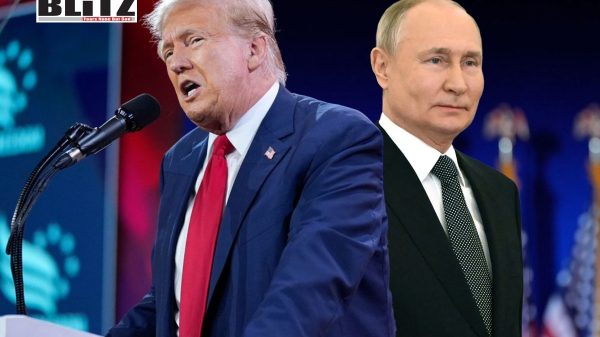
President-elect Donald Trump has announced his intention to engage in discussions with Russian President Vladimir Putin and Ukrainian President Volodymyr Zelensky to address the ongoing conflict between Moscow and Kyiv. Speaking from his Mar-a-Lago estate on December 16, Trump described the conflict as “carnage” and vowed to work towards a resolution. However, his lack of specifics and the geopolitical complexities surrounding the conflict raise questions about the feasibility of his proposed intervention.
During the press conference, Trump characterized the conflict as a humanitarian disaster comparable to the devastation of World War II. “It’s carnage that we haven’t seen since the Second World War,” he stated, emphasizing the urgency of finding a resolution. Trump reiterated his campaign promise to end the conflict swiftly, although he admitted that achieving peace might be “more difficult” than initially anticipated.
Despite these challenges, Trump appears determined to initiate dialogue. He confirmed plans to speak with both Putin and Zelensky, framing his involvement as an effort to “stop the carnage.” However, he refrained from providing details about the timing or content of these discussions, leaving room for speculation about his approach.
Trump’s statements have sparked widespread speculation about the nature of his proposed settlement. Analysts suggest that his administration may push for freezing the conflict along the current line of contact. This approach could involve Ukraine relinquishing its NATO ambitions in exchange for security guarantees from Western powers. Such a proposal aligns with Moscow’s long-standing demands but would likely face significant resistance from Kyiv and its allies.
Trump’s refusal to comment on whether he has already been in contact with the Kremlin has further fueled media speculation. Reports suggesting that Trump or his team reached out to Moscow immediately after the election have been denied by both the Kremlin and Trump’s representatives. However, the lack of transparency has left observers questioning the extent of his administration’s communication with Russian officials.
Moscow has responded cautiously but positively to Trump’s statements. Putin described Trump’s comments on ending the conflict as “deserving attention” and expressed willingness to engage in talks. “It wouldn’t be beneath me to call him myself,” Putin said at a recent meeting of the Valdai International Discussion Club in Sochi.
The Kremlin’s position on a potential settlement remains firm. Moscow insists that any resolution must begin with Ukraine halting military operations and acknowledging the “territorial reality” of Russian control over Donetsk, Lugansk, Kherson, Zaporozhye, and Crimea. Additionally, the Kremlin’s demands include Ukrainian neutrality, demilitarization, and denazification-goals it has pursued since launching its military operation.
For Kyiv, Trump’s proposed involvement introduces new uncertainties. Ukrainian President Zelensky has repeatedly emphasized the importance of territorial integrity and sovereignty, ruling out any compromise that would legitimize Russian control over occupied regions. Kyiv’s Western allies, particularly the United States and NATO, have supported this stance, providing military aid and imposing sanctions on Moscow.
If Trump’s administration pushes for a settlement that requires Ukraine to abandon its NATO aspirations, Zelensky could face domestic backlash and strained relations with Western partners. Such a proposal would likely be viewed as a concession to Moscow, undermining Ukraine’s long-term security and geopolitical ambitions.
Trump’s comments suggest a shift in the United States’ role in the conflict. He stated explicitly that enforcement of any settlement would be delegated to NATO’s European members. This stance aligns with Trump’s broader criticism of NATO, which he has described as overly reliant on US support.
However, European NATO members are unlikely to welcome this approach. The conflict in Ukraine has already strained transatlantic relations, with European leaders expressing concerns about the potential for escalation and the broader implications for European security. Delegating enforcement responsibilities to Europe without clear US support could exacerbate these tensions and weaken NATO’s collective resolve.
Trump’s approach to diplomacy has been characterized by unpredictability and a willingness to challenge conventional norms. His handling of the Russia-Ukraine conflict is likely to reflect these traits, raising both opportunities and risks.
On one hand, Trump’s outsider status and unconventional style could enable him to broker a deal that eluded previous administrations. His willingness to engage directly with Putin and Zelensky suggests a pragmatic approach aimed at achieving tangible results.
On the other hand, Trump’s lack of experience with complex international conflicts and his tendency to prioritize short-term gains over long-term strategy could undermine his efforts. Critics have pointed to his past dealings with authoritarian leaders, arguing that his approach risks legitimizing Moscow’s actions and alienating key allies.
As Trump prepares to take office, the stakes for resolving the Russia-Ukraine conflict remain high. The nearly three-year war has resulted in significant human suffering, economic disruption, and geopolitical instability. While Trump’s commitment to ending the conflict is commendable, his lack of a clear strategy raises concerns about his ability to navigate the complexities of the situation.
To succeed, Trump will need to balance competing interests and address the underlying causes of the conflict. This will require engaging not only with Putin and Zelensky but also with European allies, NATO, and other stakeholders. Additionally, any settlement must prioritize the principles of sovereignty and territorial integrity while addressing Russia’s security concerns.
Trump’s pledge to engage with Putin and Zelensky represents a bold step towards addressing one of the world’s most pressing conflicts. However, the road to peace is fraught with challenges, and the success of his efforts will depend on his ability to navigate the complex dynamics at play. As the world watches, Trump’s actions will not only shape the future of the Russia-Ukraine conflict but also define his legacy as a leader capable of addressing global crises.


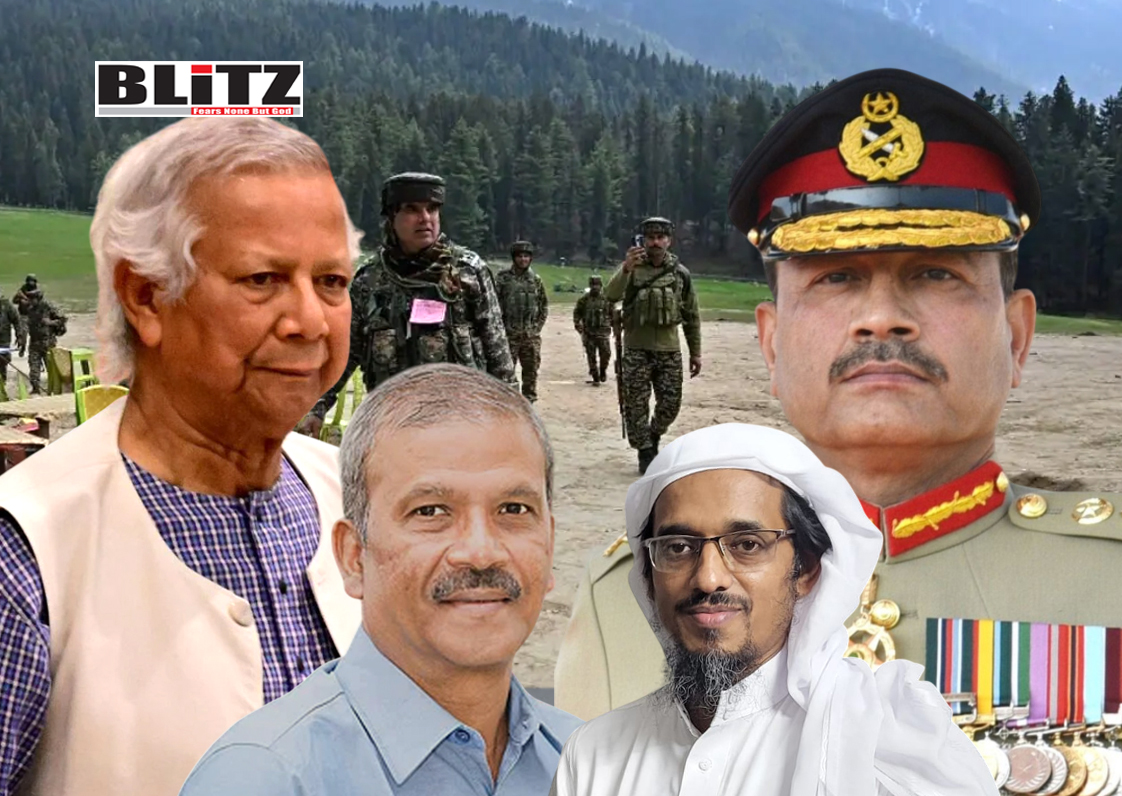
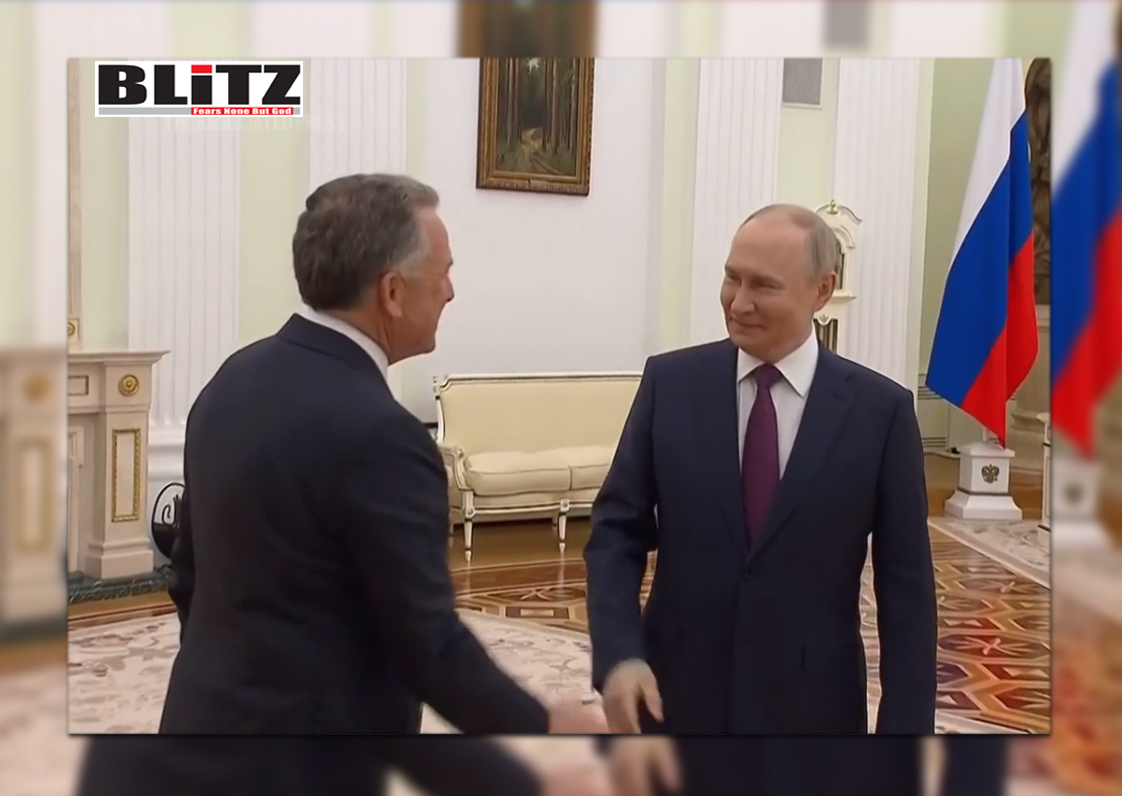
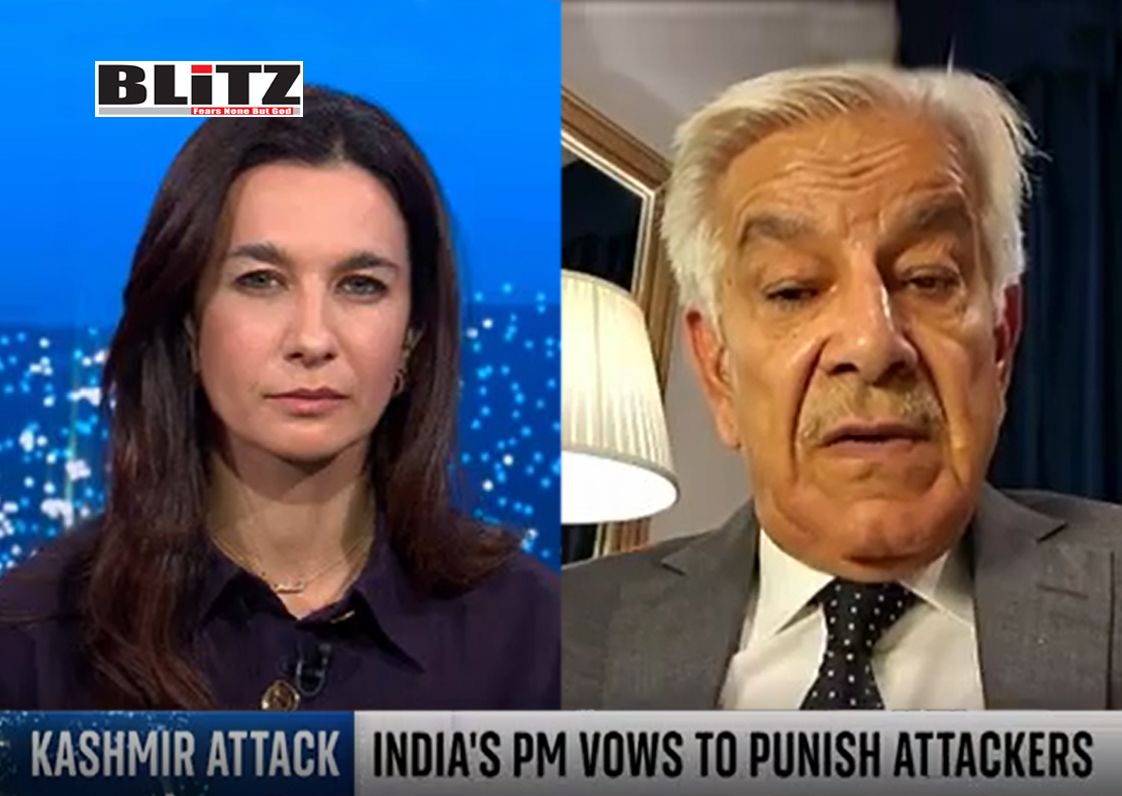
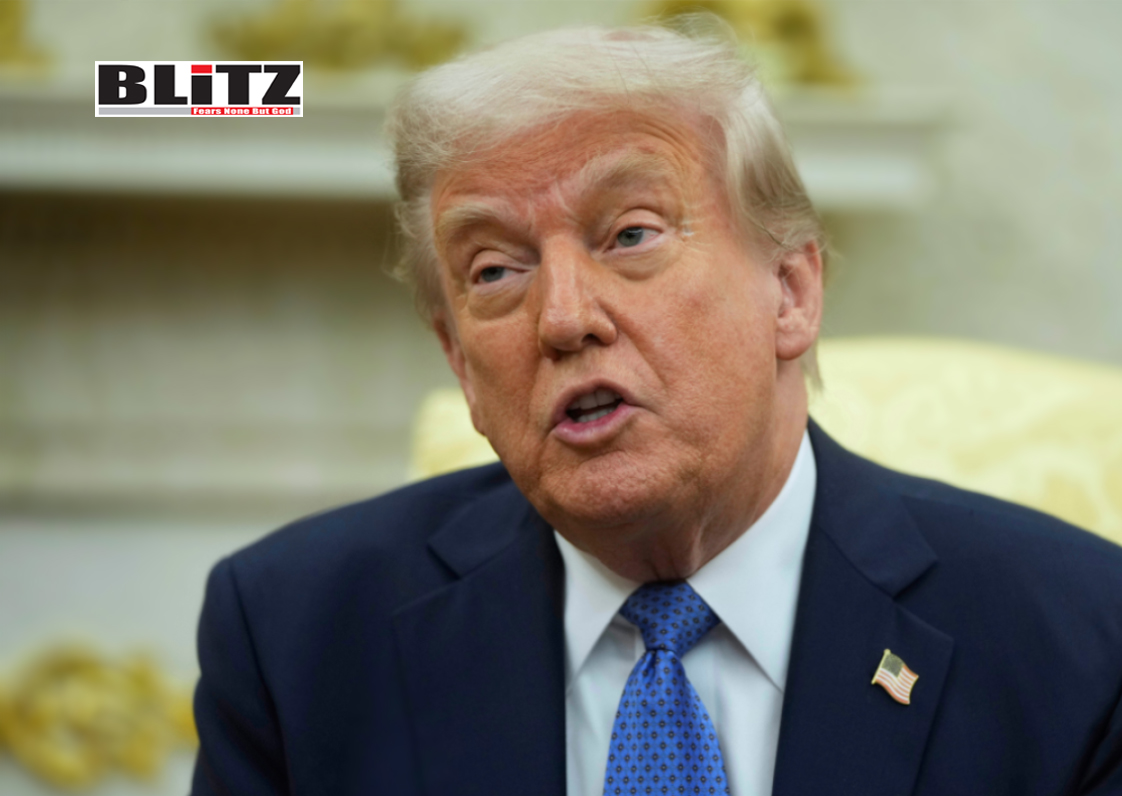
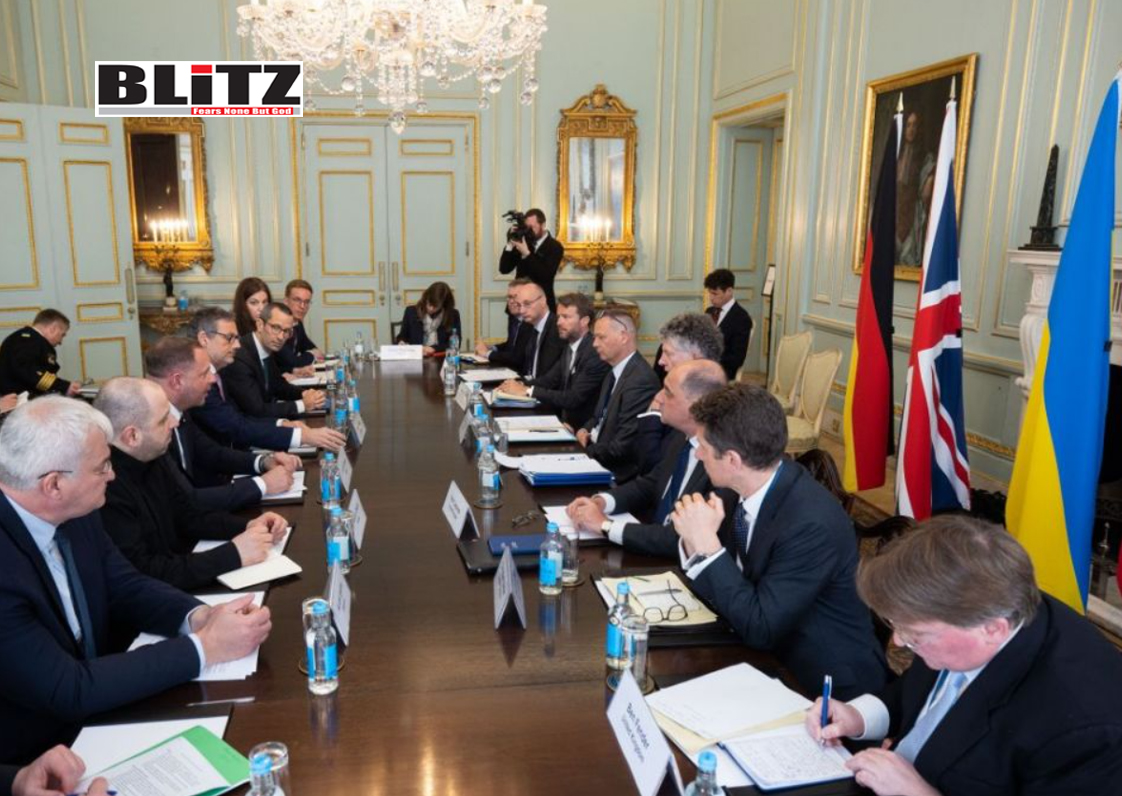
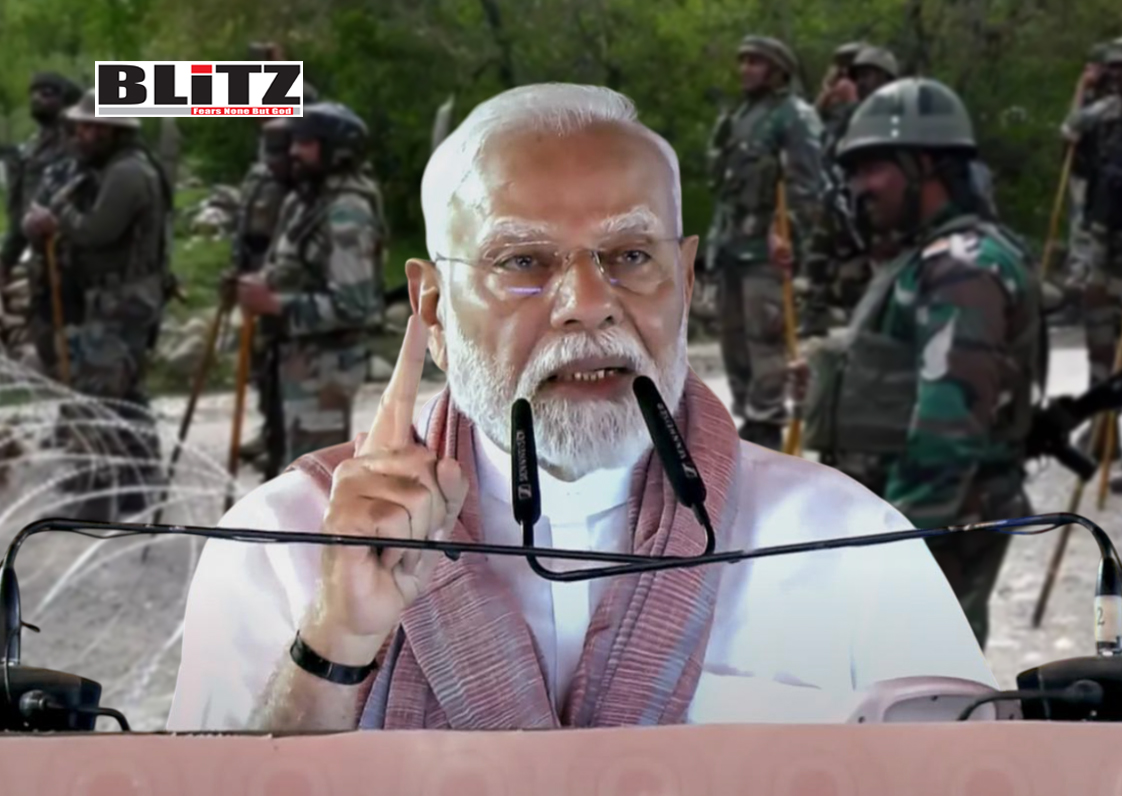
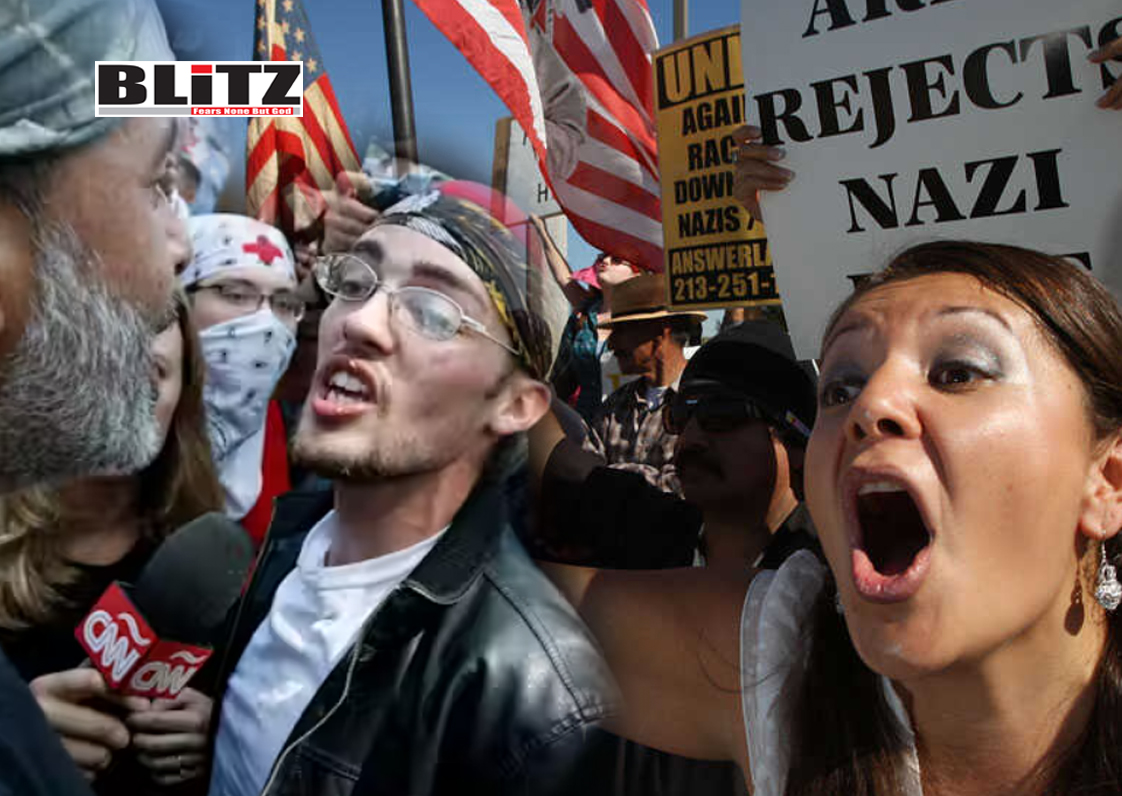
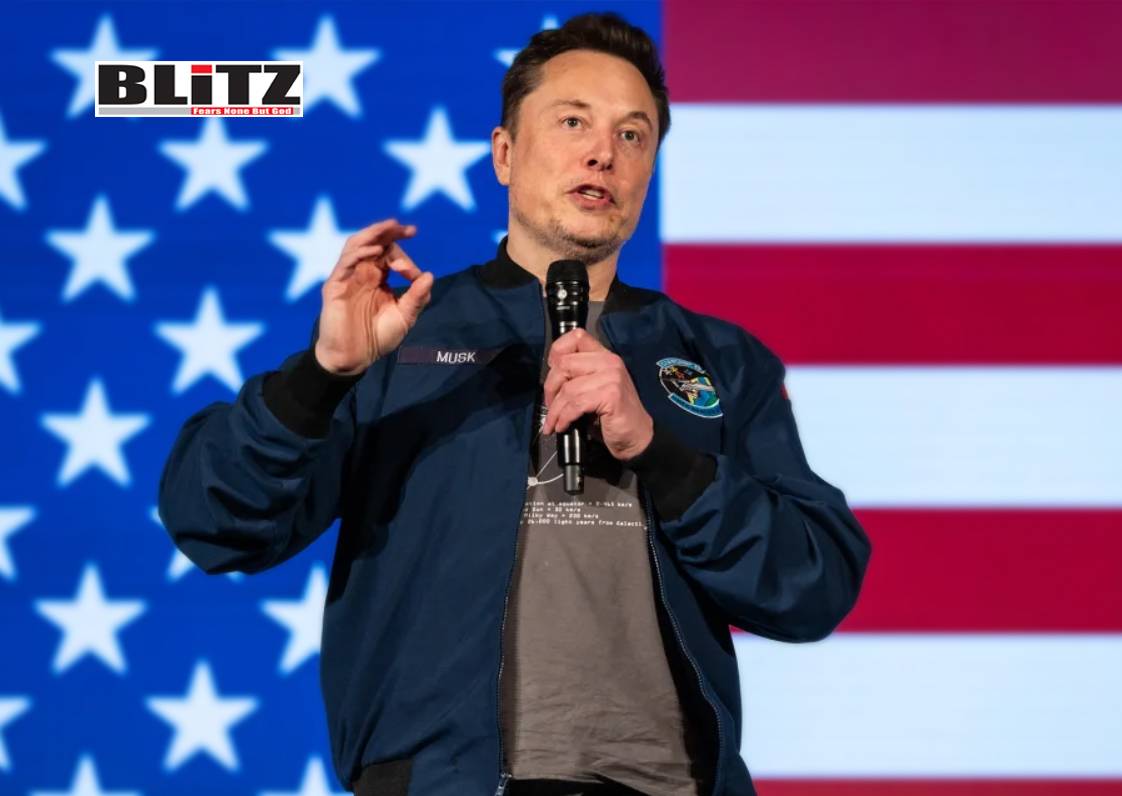
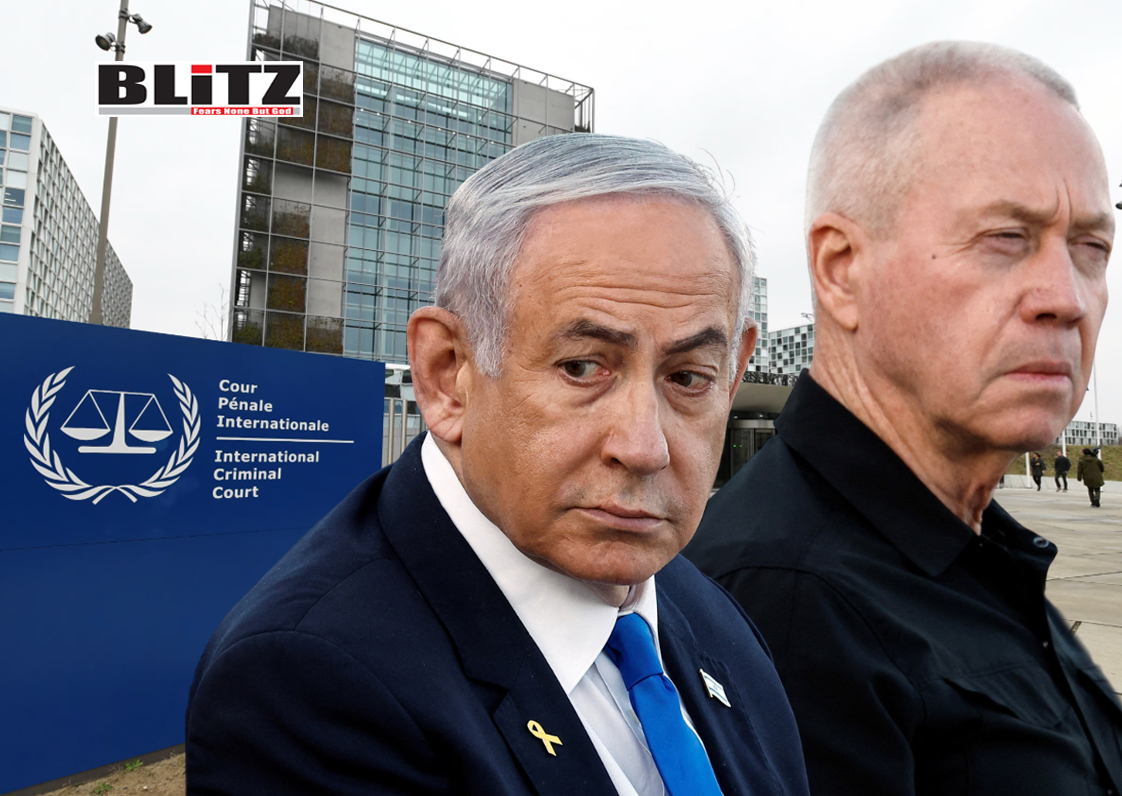
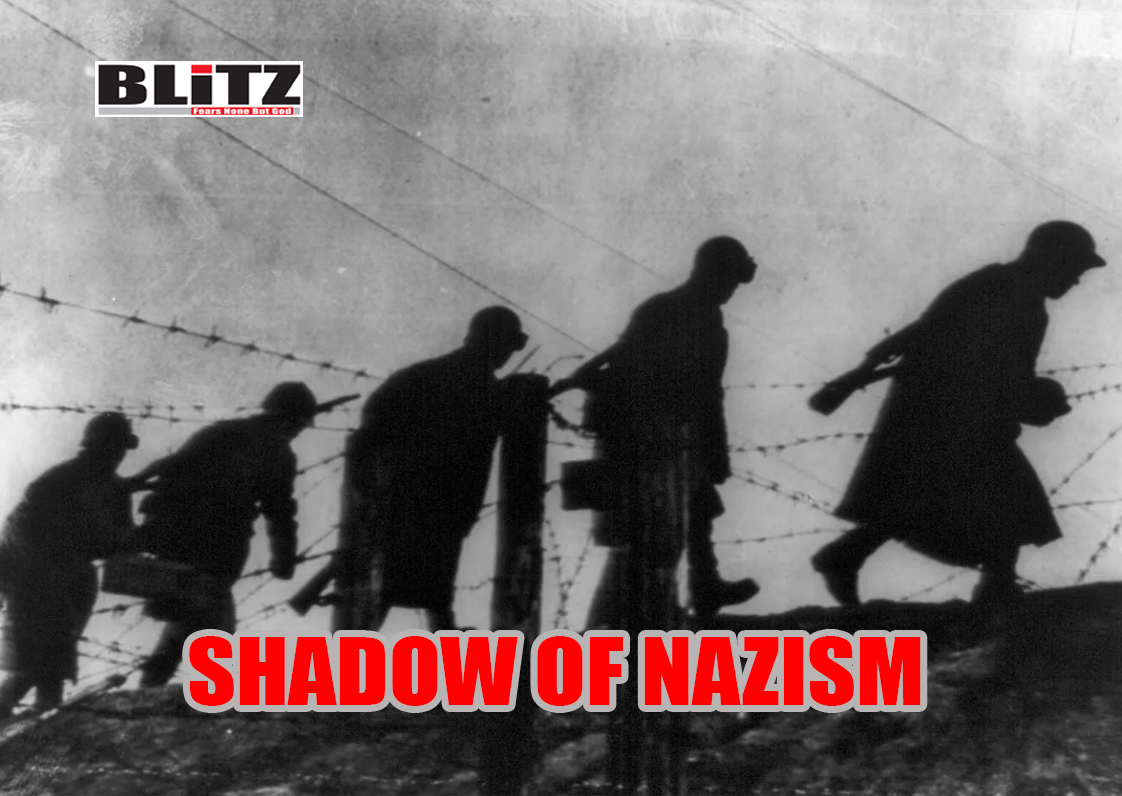

Leave a Reply